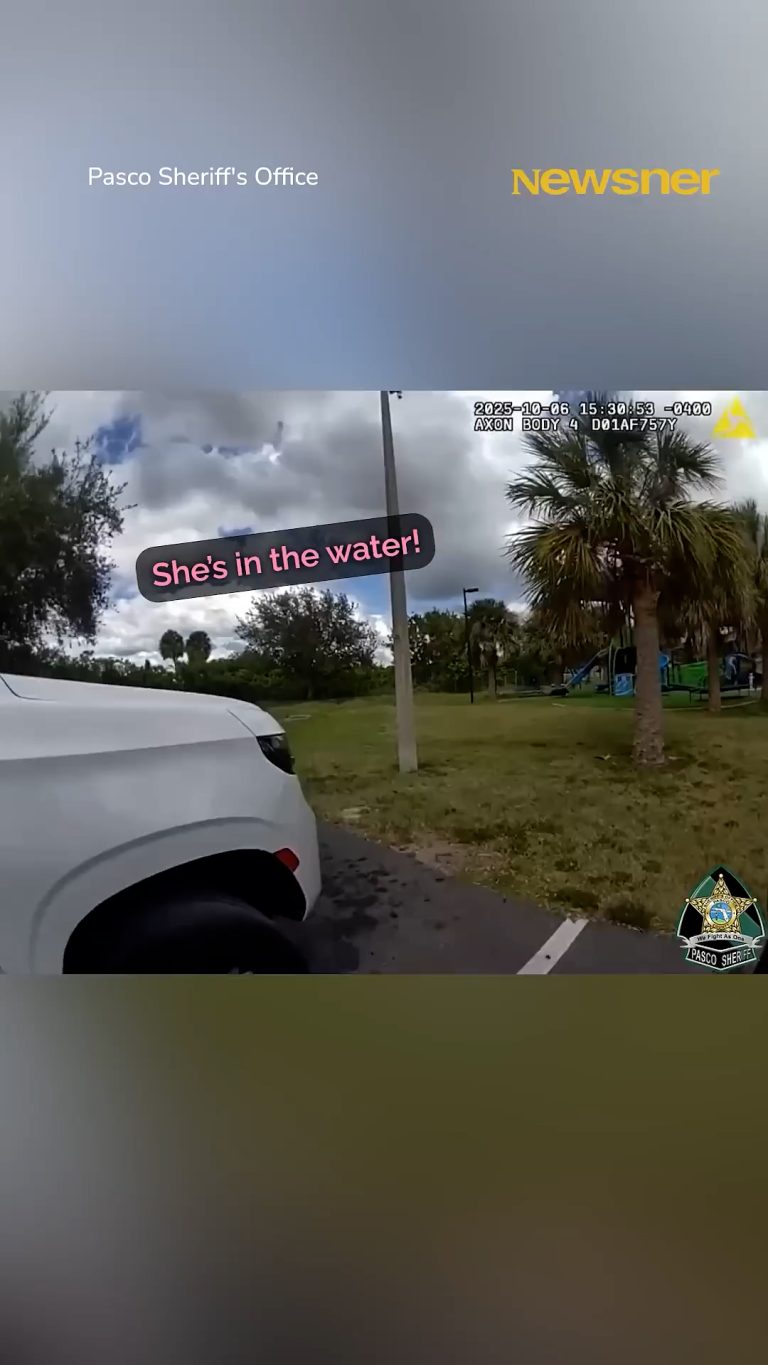
In a move that signals rising tensions in the Caribbean, President Donald Trump has issued a direct order to the U.S. military: any Venezuelan jets that threaten American warships are to be shot down without hesitation. The directive, delivered in stark and uncompromising terms, reflects both Washington’s growing concern over Venezuela’s military maneuvers and Trump’s determination to project strength in matters of national security.
The order comes after a series of close encounters between Venezuelan aircraft and U.S. naval vessels conducting operations in international waters. Pentagon officials reported that Venezuelan fighter jets have been repeatedly shadowing and, in some cases, aggressively approaching U.S. ships, raising fears of a potential miscalculation that could spiral into conflict.
Trump’s response was blunt: American forces will not be harassed or intimidated. “Any hostile action against our ships will be met with overwhelming force,” he reportedly told senior military leaders. “Our men and women in uniform will not be put at risk by reckless provocations.”
Supporters of the president’s decision argue that decisive action is long overdue. For years, Venezuela under Nicolás Maduro has defied international pressure, aligning itself closely with Russia, Iran, and China while engaging in what U.S. officials describe as “dangerous and destabilizing behavior.” The Caribbean, once a relatively calm theater of operations, has become increasingly volatile as Maduro seeks to project military power beyond Venezuela’s borders.
By drawing a clear red line, Trump is attempting to re-establish deterrence. Critics warn, however, that the risk of escalation is high. A single misinterpreted maneuver could now trigger a shootdown, potentially dragging the United States into a broader confrontation with Venezuela and its allies.
Still, many within the defense community see the order as both necessary and justified. U.S. warships operate under international law, often conducting counter-narcotics patrols and freedom-of-navigation missions. For them to be shadowed or threatened by foreign jets not only endangers American personnel but also undermines the credibility of U.S. commitments to maritime security.
History has shown that hesitation in the face of aggression can carry its own dangers. Trump’s directive recalls past moments when American presidents drew firm lines to protect naval operations—moments that, while controversial, often succeeded in preventing further escalation by sending an unmistakable message.
For Venezuelan leaders, the challenge now is whether to test that resolve. Maduro’s government has been eager to portray itself as a victim of U.S. imperialism, rallying domestic support through fiery rhetoric and defiance of Washington. But with Venezuela’s economy in collapse and its military strained by corruption and shortages, few believe Caracas can sustain a direct military confrontation with the United States.
For ordinary Americans, the issue is less about geopolitics than about protecting servicemen and women deployed far from home. The sight of a hostile jet bearing down on a U.S. ship is more than a military incident—it’s a potential tragedy in the making. Trump’s supporters argue that by empowering the military to act decisively, he is safeguarding lives and reinforcing the principle that American forces will not be bullied.
Whether this bold stance defuses tensions or accelerates them remains to be seen. What is certain, however, is that the skies over the Caribbean just became far more dangerous.




